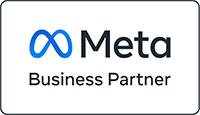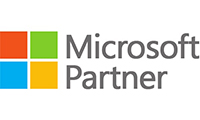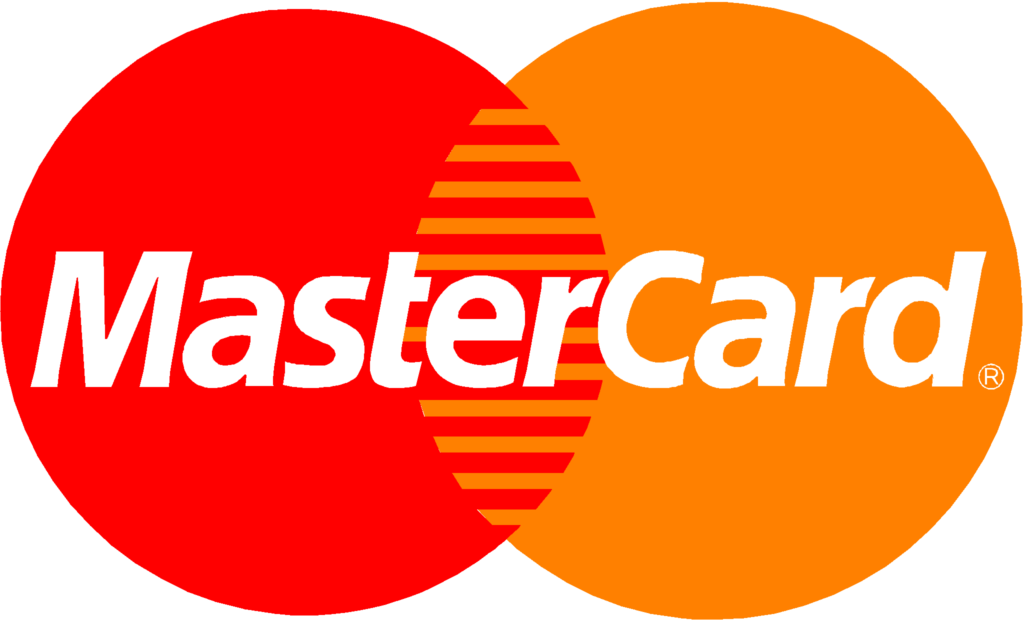Link building seems to be so easy. Just visit numerous link pages and web portals and register your website there. Now you would think the same. Right?
But be careful! Because applying link building in the wrong way can also damage findability. Avoid these five most common link building mistakes by marketers.
Why link building?
Obtaining backlinks (links from other websites) increases the popularity of a website. This strengthens the link profile. And a strong link profile is still one of the most important criteria for good findability in search engines. However, backlinks must come from high authority and reliable websites. If you apply link building in the wrong way, this can have little or no effect. In some bad cases, it can even cause harm.
Learn from these 5 link building mistakes that marketers often make in practice.
Backlinks only to the home page
If you, as a marketer, can obtain a link on another website, then the URL of the homepage is probably the first thing that comes to mind. And before you know it, you’ll have plenty of backlinks, all pointing to the homepage, which is a shame because other website content remains underexposed.
It is better to spread the backlinks over several deeper pages of the website. Refer to a deeper landing page that is about an essential service or product. This makes the landing page more important in search engines. But it is also nice for visitors because they land directly on a page that deals with a related topic.
2. Register too many links at the same time
If you decide to give a link building more attention, you probably want to get started right away. You prefer to have as many backlinks as possible in the shortest possible time. No, Stop! Submitting dozens of links a day can give search engines the impression that it is an automatic process. So link spam.
It is better to spread the link building campaigns over a wide period of time. So, for example, submit one or two links every week. Include the action in the calendar as a recurring task, so you don’t forget it.
3.Only log in to link pages
Does registering at link pages (e.g., Web portals) make sense? And can it be harmful if you pay for it? No. In fact, it is advisable to submit websites to these types of web portals. However, keep in mind that these are trustworthy sites with some authority.
So signing up to link pages is good, but avoid including the website exclusively on these types of sites, because in practice, it usually only contributes to a limited extent. Make sure that the website mainly receives backlinks from industry, trade, and news sites. Respectable and relevant websites that also score well in search engines. Of course, this is a lot more difficult to achieve, but this will immediately provide a ‘boost’ for your own link profile if it succeeds.
4. Post links to untrustworthy websites
Not every website is suitable for mentioning a link. Websites with a dubious link profile can even negatively influence their own profile. Therefore, always check the reliability of the website. Use the Majestic website (https://majestic.com/) for this. The reliability is expressed in a Trust Ratio. The higher the ratio, the more reliable and suitable the website is.
Is Majestic not showing any results at all? Then the website in question is probably not indexed or banned from the Google index. Our advice: do not register your website there.
5. Post links on irrelevant web pages
This point is not so much a link building mistake, and it has no negative effects on your positions, but if you do get started with link building, make sure that your website is listed on web pages related to your own (company) activities. This will correlate your own site with keywords you want to be found on. For example, an electronics company makes little sense to be associated with cat lovers’ websites. So be selective and instead place links on relevant web pages.
Prevent link building mistakes
People often think too easily about link building, while this is perhaps the most accurate and time-consuming SEO activity. You should find reliable and quality websites. Not just index and home pages, but also industry, trade, and news sites. This goes further than just submitting a link, but a link must be obtained through content. These links, in particular, contribute enormously to solid findability.










